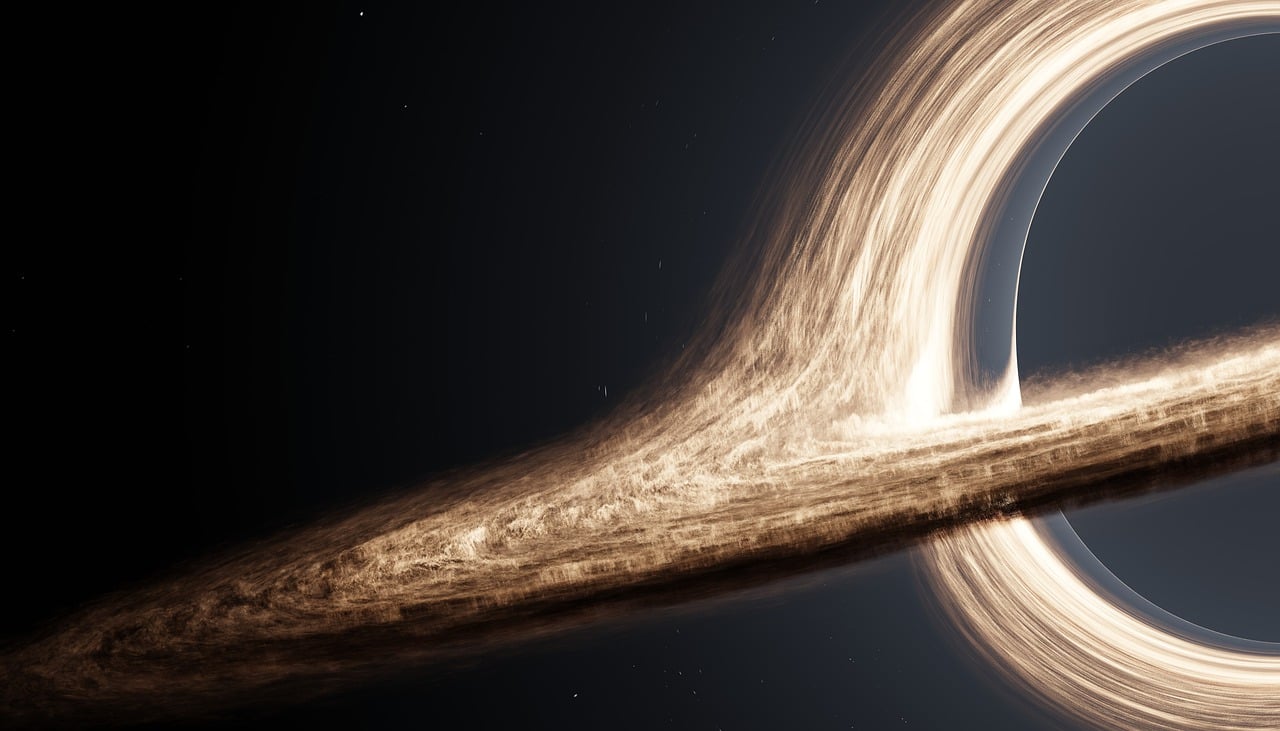The Search: Seeking Life Beyond Our Solar System

As humans, we live on a planet teeming with life, from towering trees reaching for the skies to worms burrowing underground in search of food. We often overlook the true value of life, accustomed to its constant presence. What remains unknown to us is that life may be far rarer than we imagine. While we place greater worth on carbon formations like diamonds, the universe perhaps recognizes what truly holds more value. This prompts the question: Is there life beyond our solar system, or is Earth the sole harbor for complex life adrift in the vastness of space?
What is Needed for Complex Life to Exist on a Planet?
For life to flourish, a planet requires certain resources: liquid water, nutrients, and energy. Firstly, why is water necessary? In chemistry, water is considered a universal solvent, a medium that allows organic compounds to dissolve and interact. Organic compounds are essential building blocks of life, and from human observation, all complex organisms depend on water for survival.
Secondly, organisms use nutrients—chemical substances found in all living things—to break down food and produce energy. In every organism, chemical energy is essential for even the most basic functions. Without energy, life as we know it would not exist.
Where Can Life Exist?
In every solar system, there exists a habitable zone—an orbital band around the star where conditions are optimal for life, should an exoplanet exist in that region. Why is a zone considered "habitable"? Within this zone, water can remain in its liquid state. Too close to the star, water would evaporate; too far, it would freeze. If a planet has the necessary resources and lies in this habitable zone, life may have a chance to exist.
Why Haven't We Found Complex Life Yet?
This question has puzzled astronomers for decades. Estimates from the Australian National University and Denmark’s Niels Bohr Institute suggest there are approximately 100 billion exoplanets in habitable zones across the Milky Way galaxy. If we further assume, as the National Oceanic and Atmospheric Administration does, that a quarter of these have water, we are left with roughly 25 billion planets in just our galaxy—out of an estimated two trillion galaxies!
It may be that life itself is an anomaly, and we are unique in our existence. So far, no complex life beyond Earth has been detected.
Why Might Life Not Exist Beyond Earth?
We now enter the realm of speculation. One concept, known by various names, will be referred to here as the "Great Wall." This hypothesis suggests that evolution requires overcoming certain barriers or "walls" to progress. Perhaps the formation of simple life and its evolution into complex organisms are barriers few planets manage to cross. The "Great Wall" theory suggests that most planets might be unable to overcome these obstacles, leading to a lack of complex life beyond Earth.
Conclusion
Ultimately, we circle back to the fundamental question: Does life exist beyond our solar system? Our current understanding suggests that while life could theoretically exist elsewhere, complex life as we know it appears to be unique to Earth. However, this may simply be a limitation of our technology. Space is vast beyond comprehension; so far, humanity has explored only a fragment—a grain of sand in a cosmic desert.
Written by Muhammad Awan, a space enthusiast currently tackling the challenges of further mathematics in A-levels. I hope this article sparks curiosity and a passion for exploration in its readers. Thank you.
Similar Post You May Like
-

CFCs, HFCs and their long, troubled history
At its peak, the ozone hole covered an area 7 times larger than the size of Europe, around 29.9 million km2, and was rapidly expanding
-

The Origin of Universe: Deciding point where it all began!
Let us unravel and surf through the ideas throughout ages to understand what the universe and its origin itself was to its inhabitants across history.
-

The Artemis Program
Inspired by the Greek goddess of the Moon, twin sister to Apollo, the artimis program was named on 14 May 2019 by Jim Bridenstine.






